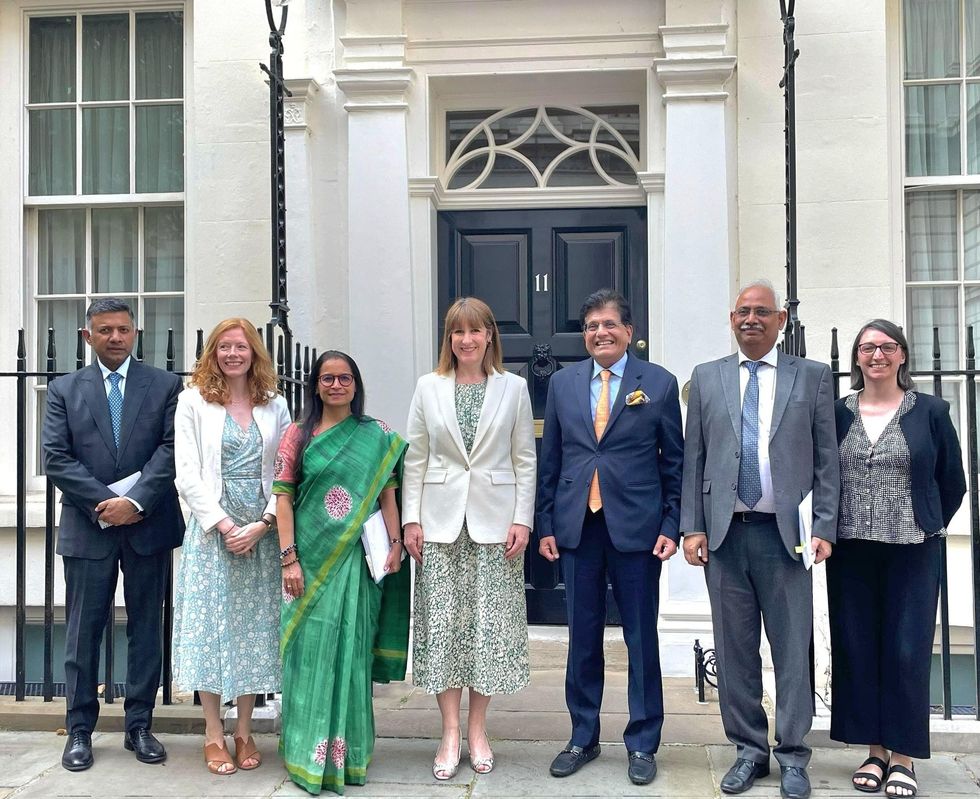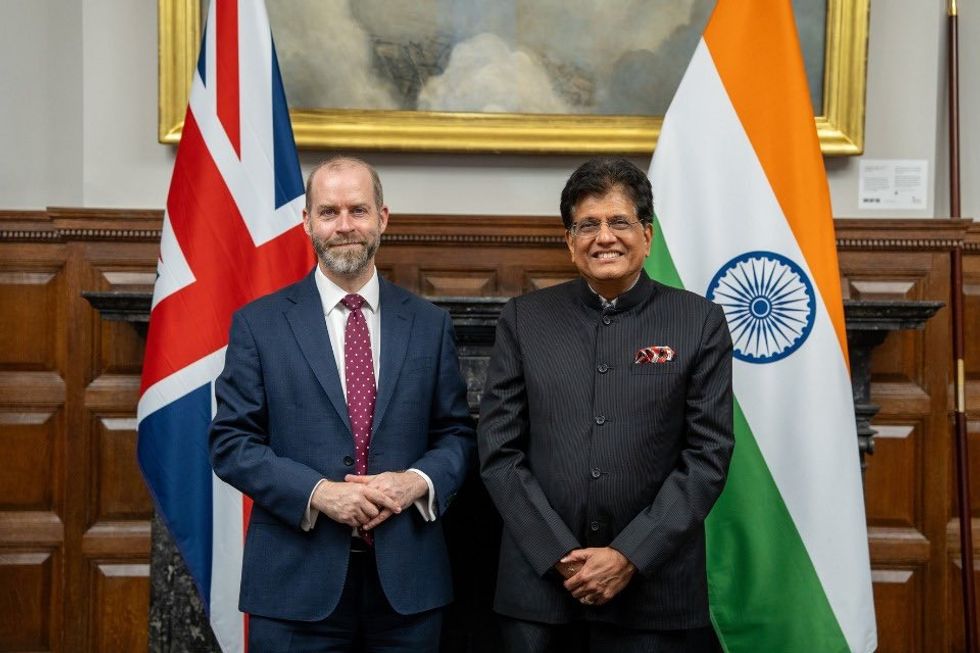By Nadeem Badshah
SHOPKEEPERS are divided on plans to make use of corner shop tills as a replacement for free cash machines.
The move, which could be announced by chancellor Rishi Sunak in March’s budget, would see people able to withdraw money from the tills of thousands of shops across the country without making a purchase. Currently, consumers can get cashback in stores only when they buy something.
Experts believe it would increase footfall in convenience stores and encourage people to buy items, but critics have expressed concerns over fraud, robberies and the lack of cash in shop tills.
Raj Patel, who runs Lena Stores in north London with his wife and mum, told Eastern Eye: “It could be (good). People will spend more money on items. But everything is on a card purchase.
“Sometimes it is hard to give cash, especially when it is busy in the mornings. Banks are closed around us. We have to use ATMS near us for the till.”
The new proposal could also see fewer card payments. Under the current cashback system, shops pay a fee to Visa when a customer asks for cash.
Visa has run an initiative in rural areas where a shop was paid to offer the service, and this could be extended across the country.
On the cashback plan, Sandeep Sandhu, who works at the Maypole Store and Post Office in Stratford-Upon-Avon, Midlands, told Eastern Eye: “It might encourage them. But people could buy using a stolen card, with contactless you can spend £30.
“When they are buying something fine [otherwise] it could lead to fraud. You don’t know who it is, a random person walking in.”
He added: “Customers should pay a minimum £10 [purchase] for the card machine, not use it for £1 or £2 purchase. We have a monthly card machine bill, the government should stop that.”
Link, the cash machine network owned by banks and ATM operators, last year pledged to pay for a cash machine on every high street if there was no other one and no post office.
It comes after 28 banks signed a three-year agreement in October to collectively pay the Post Office £200 million annually to allow individuals and businesses to with draw cash and make deposits over its counters.
Martin McTague, the Federation of Small Business’s policy and advocacy chairman, said: “A lot of small firms would like the opportunity to offer cashback to customers without the need for a purchase, and we’d very much welcome the government lifting that restriction on March 11.
“Doing so would help small businesses to attract new footfall and increase revenues if – as is the case in VISA’s current trial – they’re given a financial incentive to offer cashback.
“It’s critical that incentives for small firms are paid swiftly and are sufficient to cover the additional security and travel costs that come with providing cash.
“While the temptation is always to reach for new legislation, the priority needs to be getting creative in this space.
“Shared banking hubs which serve the community in more ways than one, a beefed-up Post Office and increased investment in broadband and digital skill development all have a role to play.”
In its submission to chancellor Sunak, the Association of Convenience Stores (ACS) has called for free to use cash machines to be taken out of the business rates system due to their importance to communities and local firms.
It also urged the government to give local shops and other small businesses the green light to invest without facing an increase in their rates bills. Convenience stores invested £558 million in their businesses in the year to November 2019, down almost a quarter on the previous year.
James Lowman, the ACS chief executive, said: “Removing through the wall, free to use ATMs [from business rates] would be a step in the right direction in ensuring that all communities can retain free access to cash.
“Local shops cannot be expected to subsidise ATMs, where big banks have decided to exit high streets and cut interchange fees that fund operations of the cash machine.”

















 Piyush Goyal with shadow chancellor Rachel Reeves (centre), Vikram Doraiswami and other officials at the India Global Forum
Piyush Goyal with shadow chancellor Rachel Reeves (centre), Vikram Doraiswami and other officials at the India Global Forum And , Goyal with Jonathan Reynolds
And , Goyal with Jonathan Reynolds